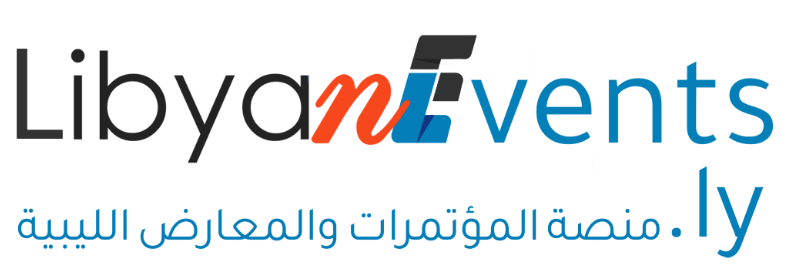
Medical Terminology is the language of the healthcare industry, used to accurately and efficiently.
describe the human body and the diseases, treatments, and medical procedures associated with
it. It is important for healthcare professionals to have a strong understanding of medical.
terminology in order to accurately communicate with and diagnose patients. This course will
provide an in-depth introduction to medical terminology, from the basics of anatomical terms and
root words to more complex terms and phrases that describe diseases, treatments, and
procedures. It will also cover the basics of medical coding and how to use medical records, as well
as the legal and ethical implications of medical terminology. By the end of this course, students
will have a comprehensive understanding of medical terminology and how it is used in the
healthcare setting.
All hospital employees should have a comprehensive understanding of medical terminology in
order to ensure that they are providing the best care possible for their patients
Here is a list of the most important topics about a Medical Terminology course for hospital employees:
- Anatomy and Physiology
- Diseases and Conditions
- Laboratory Tests and Procedures
- Pharmacology and Drug Therapy
- Health Insurance and Reimbursement
- Medical Record Keeping
- Coding and Billing Systems
- Medical Terminology Root Words
- Abbreviations and Acronyms
- Healthcare Regulations
- Documentation Guidelines
- Patient Privacy and Security
- . Electronic Health Records
- Medical Insurance and Claims Processing
- Healthcare Software
- Coding and Billing Strategies
- Medical Terminology in the Healthcare Setting
- Anatomical Position and Directional Terms
- Pathology and Lab Findings
- Legal and Ethical Implications of Medical Terminology.




